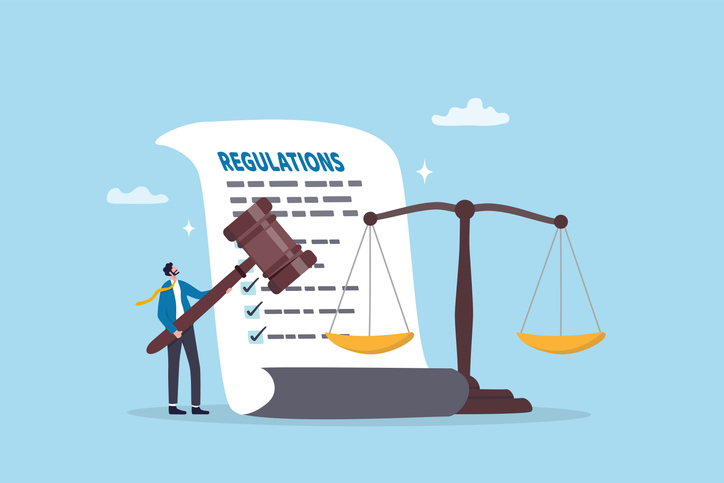Lately, it seems that a business is only deemed a success if it secures investment or a nod from a reputable Dragon. According to the Federation of Small Businesses, in 2013 there was an estimated 4.9 million businesses in the UK which employed 24.3 million people, and had a combined turnover of £3.3 billion. I’m pretty sure that a large proportion of those didn’t fall into the category of ‘externally funded’, yet are still a roaring success. This poses the very interesting question of how do you really measure business success?
As a small business owner myself, I know what it is like to operate in a marketplace with competitors that ‘seem’ to be bigger, more established and more successful than my own brand. They are always in the press (but not always for positive stories) and have an army of investors backing their every move and advancement. That said, my business is doing well and while it may not have the same brand awareness as the big boys (yet!), this doesn’t mean it isn’t a success and won’t continue to be over the coming months.
This got me thinking about many other business owners who like myself, have self-funded their own business venture and not relied on external investment. Arguably, it can be a slower climb, but for many, that can actually be a good thing as it enables you to really focus on building a steady and sustainable business that doesn’t run away with itself before you have had time to iron out any of the inevitable issues that come with learning how to manage a growing business operation.
I thought I would summarise some of the ways in which you can measure the success of your business that aren’t all about the financials. Yes, a business must always be profitable and there is no point throwing money down the drain if you have a business model that is fundamentally flawed or unsustainable. This however, is more about looking at the wider picture of what ‘success’ and ‘value’ actually means.
1. Network traffic
If you operate an online business, a web store etc., then analysing your network traffic can be a great indicator of how successful you are in terms of attracting the right people to your site. This year, our network visitors will reach almost 3 million, a figure we have watched steadily increase year-on-year. It can be easy to get lost in the excessively large figures stated by your competitors, so don’t lose sight of the success that you are achieving, albeit on a smaller scale.
2. Repeat business
If you operate a business that can benefit from repeat sales, then your levels of repeat business will be a surefire indicator of whether you are delivering the right service for your customers. You might be a small operation, but if 95 per cent of customers are repeat buyers, then you know you have the foundations to scale up a much bigger business!
3. New enquiries
Your level of new enquiries can also be an indicator of your success, especially if they are referrals. If you are getting lots of new enquiries, then you know that your business is ticking the first box, which is to get on the shortlist in the first place, as so many don’t! The challenge is always to ensure that you have a good conversion rate from enquiries to actual business.
4. Operational efficiency
If your business is able to operate efficiently and with minimum wastage, then give yourself a pat on the back! Having a lean operation isn’t easy and many small businesses spend the first few years learning the hard way! We’ve been able to operate our business effectively with a team of two directors and four staff, which has enabled us to achieve great economies of scale that some of our competitors would probably struggle to match.
5. Average job value
Another success indicator lies in your average job value, product value, hourly rate etc. Your current competition might be busier than you, but if your unit price is higher and you are successfully doing business at those levels, you know that you have succeeded in showing the market why your service is worth the additional money. Having a smaller businesses with a higher job value holds the potential to become a bigger business with a higher job value. It is much harder to be a busier, larger business and suddenly up your prices!
6. Sector dominance
Finally, being a big fish in a smaller pond is sometimes much more rewarding than being a small fish in a bigger one! If you have carved out a niche market for yourself and you have a large market share, this is also a great indicator of success. Niche products and services often have the ability to expand into new markets, so there is always potential to grow, but leading the way in a smaller market is equally commendable.
Jonathan Kettle is a serial entrepreneur and the founder of TaxiCode.com.





